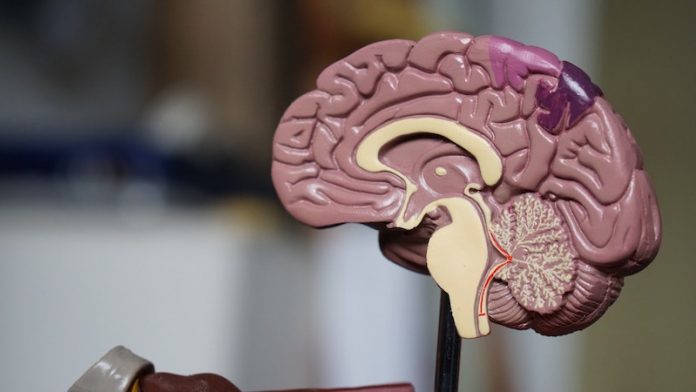
In a new study from the University of Queensland, researchers found that ultrasound can overcome some of the detrimental effects of aging and dementia without the need to cross the blood-brain barrier.
They showed low-intensity ultrasound effectively restored cognition without opening the barrier.
The findings provide a potential new method for the non-invasive technology and will help clinicians tailor medical treatments that consider an individual’s disease progression and cognitive decline.
Aging is associated with impaired cognition and a reduction in the learning-induced plasticity of the signaling between neurons called long-term potentiation (LTP).
The research aimed to use ultrasound to restore LTP and improved spatial learning in aged mice.
While the brain was “not particularly accessible,” ultrasound provided a tool for overcoming challenges like the blood-brain barrier.
They found using ultrasound could enhance cognition independently of clearing amyloid and tau, which form plaques and tangles in people with Alzheimer’s disease.
About 400,000 people in Australia have dementia and numbers are projected to increase to one million by 2050, with aging the single biggest risk factor.
Previous research has shown the long-term safety of ultrasound technology and that pathological changes and cognitive deficits could be improved by using ultrasound to treat Alzheimer’s disease.
The team says there were still questions about the differences between normal “physiological” aging and the “pathological” aging that happens in Alzheimer’s disease.
They believe there may be some overlap between physiological and pathological aging in the brain and the potential for this to be corrected with ultrasound is meaningful for those living with Alzheimer’s disease.
If you care about Alzheimer’s disease, please read studies about this sleep problem linked to Alzheimer’s disease and findings of this common type of drug linked to higher risk of Alzheimer’s disease.
For more information about Alzheimer’s disease and your health, please see recent studies about sleep is like a ‘crystal ball’ to predict Alzheimer’s disease and results showing that this diet may prevent or even reverse Alzheimer’s.
The study is published in Molecular Psychiatry. One author of the study is Professor Jürgen Götz.
Copyright © 2021 Knowridge Science Report. All rights reserved.



